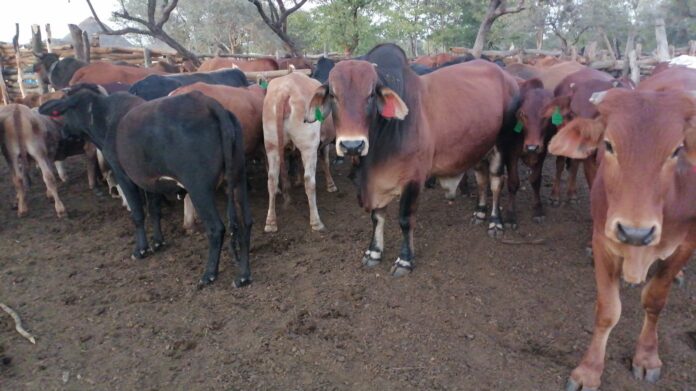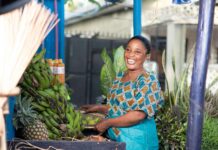The outbreak of foot-and-mouth disease (FMD) in KwaZulu-Natal, and its subsequent spread to some of the largest feedlots in South Africa, is a disaster of immeasurable scale for cattle farmers. If farmers cannot sell their livestock at auctions, to feedlots, or abattoirs, their farms – and their families – are left without any income.
Saai has been engaging with the Department of Agriculture since December 2024, when the first rumours of FMD began circulating. It took months before the outbreak was officially declared and resources were mobilised to combat it. Farmers have since reported daily sightings of cattle being transported on trucks or trailers to auctions, especially in the Mpumalanga Highveld. If the state is unable to control the movement of livestock from infected areas, successful meat and dairy production is no longer viable. Saai is particularly concerned about the large number of farmers facing financial hardship because they are unable to sell their livestock. There is little they can do about it themselves.
This crisis originates with the state. The Department of Agriculture, supported by local private veterinarians, must act immediately upon observation of symptoms, identify the infected area, and quarantine it. Failure to act swiftly ensures the further spread of the disease and causes devastating damage to the cattle industry. Effective response requires close coordination between the department and Onderstepoort Biological Products (which manufactures vaccines), state and private veterinarians, police and traffic services, private security, and organised agriculture – which has access to farmers and value chain partners.
On this front, the department is failing.
Farmers are already competing with producers in neighbouring countries with better enforcement and control measures, and with farmers in Europe and elsewhere who receive state subsidies and support. The disruption of the downstream value chain and market access is a deathblow for many local producers. Farmers believe the problem lies in a lack of political will, poor leadership, incompetent officials, and an inability to appoint capable individuals in key positions to deliver effective services.Producers are not the only victims – consumers are likely to pay more for meat. The price of A-grade beef has already risen to R75/kg carcass weight. Farmers in the expanded infected area, however, will not benefit from these higher prices, as they are prohibited from selling their livestock.
The investigation into large-scale corruption at Onderstepoort Biological Products, announced last year, has also shown no progress. At the core of the problem lies the absence of consequences. There are no consequences for offenders, nor for officials whose negligence causes immeasurable damage by failing to protect the industry. Nor is there accountability for the hundreds of millions of rands that were meant to be spent on vaccine development and production.
Saai is also concerned about the department’s readiness to handle a potential avian flu outbreak.
South Africa does not need more legislation or new rules and regulations. What we need is a Department of Agriculture that can enforce existing laws and actively protect the agricultural sector.








